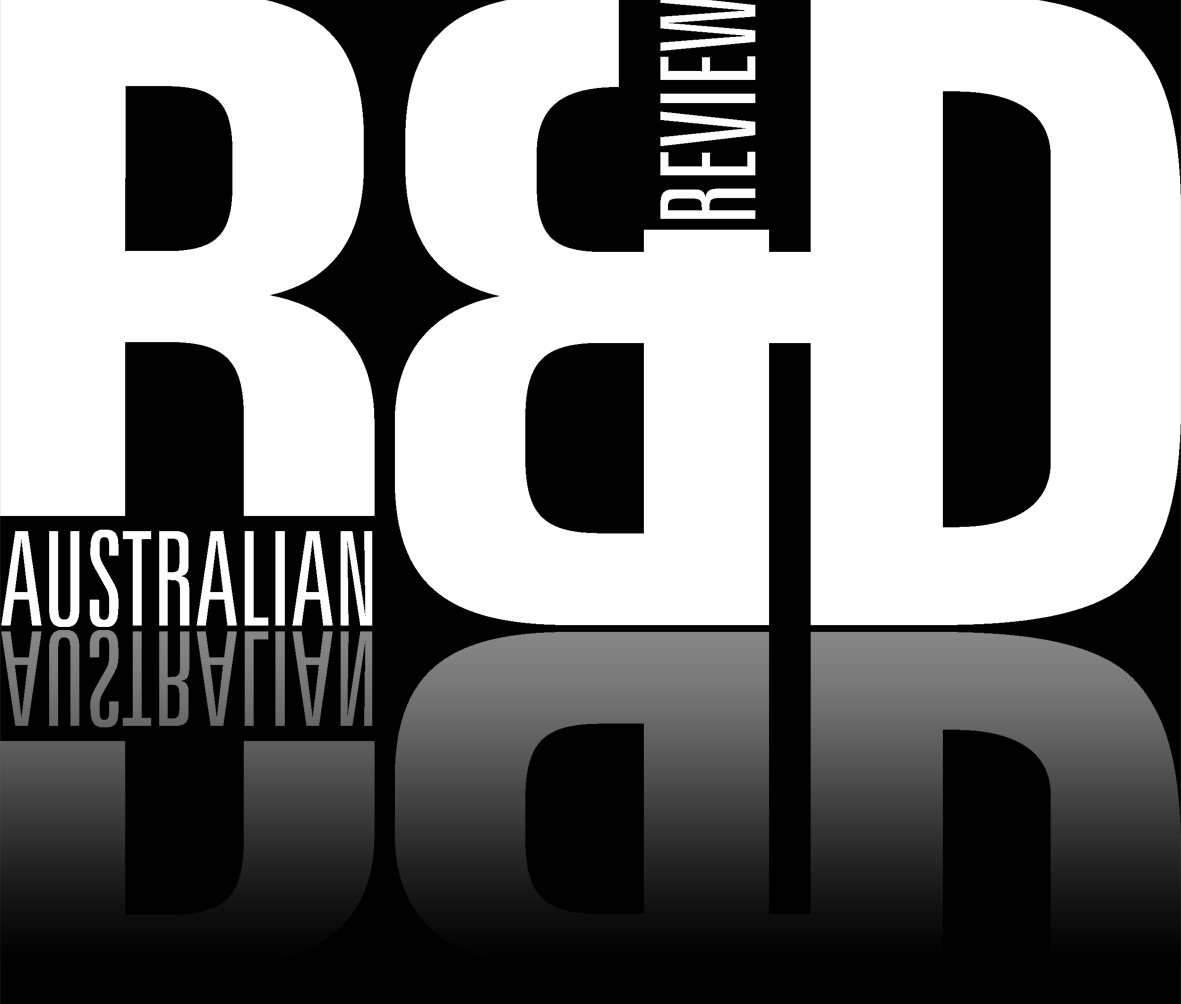

Announced as part of the 2015 National Innovation and Science Agenda (and piloted in 2017): the Australian Research Council has released its first national Engagement and Impact (EI) assessment of university research.
The EI, which is based on the United Kingdom's Research Excellence Framework, complements the ARC's Excellence in Research for Australia (ERA) exercise to highlight that university research is not restricted to the ivory tower of academia. As the report reveals, university often involves partners outside the university environment and has tangible benefits for the broader society.
"For the first time it gives Government, universities, research end-users, and the broader public a detailed understanding of how Australia’s universities and their researchers are collaborating with industry, government, communities and the not-for-profit sector," ARC chief executive officer Professor Sue Thomas writes in her foreword to the report.
The EI 2018 covers more than 1200 submissions from 40 unviversities. The restropective data (2016 and earlier) detail how researchers engage with non-university organisations and demonstrate economic, environmental, social, cultural and other impacts.
The submissions were collated as units of assessment (UoA) across broader research fields, and the quality of the engagement or created impact was then rated as high, medium or low.
Of the 626 UoAs assessed for engagement and the 637 UoAs assessed for impact, 34% and 43%, respectively, were rated 'high'.
They contained key themes, such as collaborating with stakeholders and performing citizen science for engagement, and the delivery of cutting edge technology, and creating improvements of everyday life for impact.
However, the report highlights significant differences between research fields, as 74% of assessed UoAs relating to 'Built environment and design' were rated as high, compared to only 14% of those relating to the Physical Sciences.
Similar differences are reported for UoAs assessed for impact, with 74% of UoAs relating to Agricultural and Vetenary Sciences rated as high compared to only 18% of UoAs relating to Information and Computing Sciences.
"With the results released in this report we can gauge university performance in research engagement and impact across all disciplines. Future rounds will allow us to compare this performance over time", Professor Thomas summarises the report, adding that the EI 2018 also reports on Aboriginal and Torres Strait Islander research "in a way that has not been available through other evaluation mechanisms."